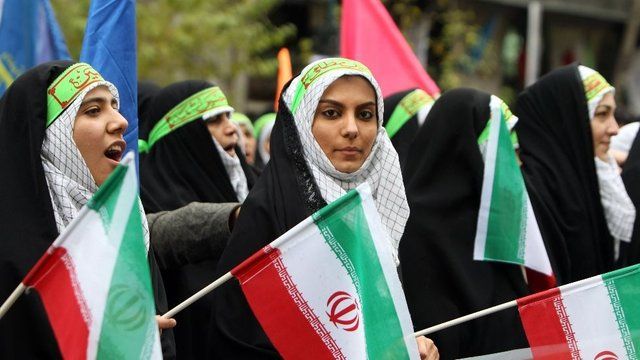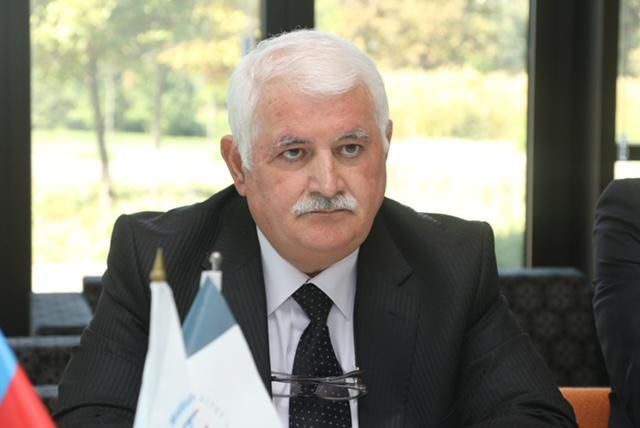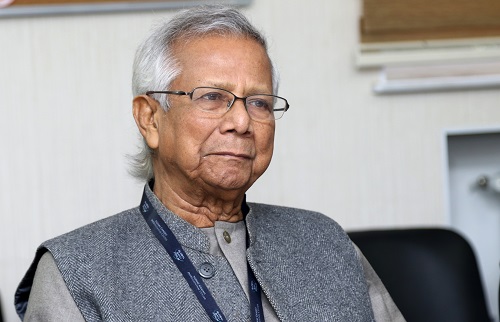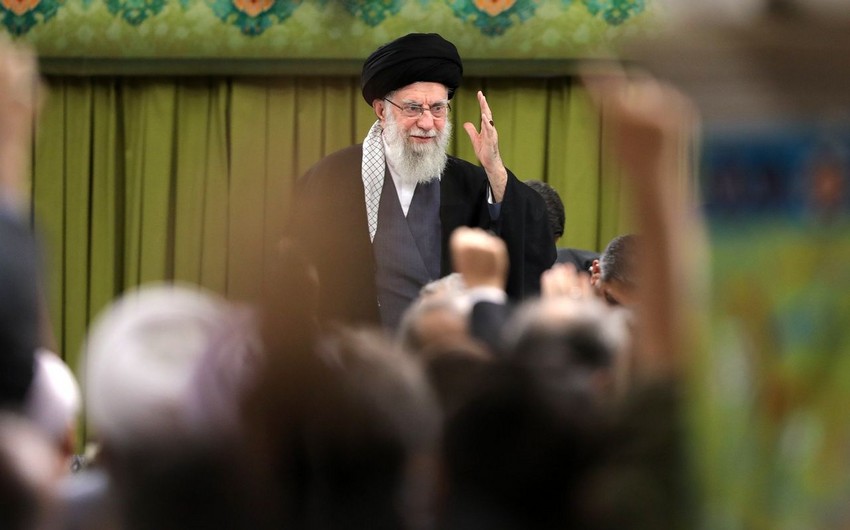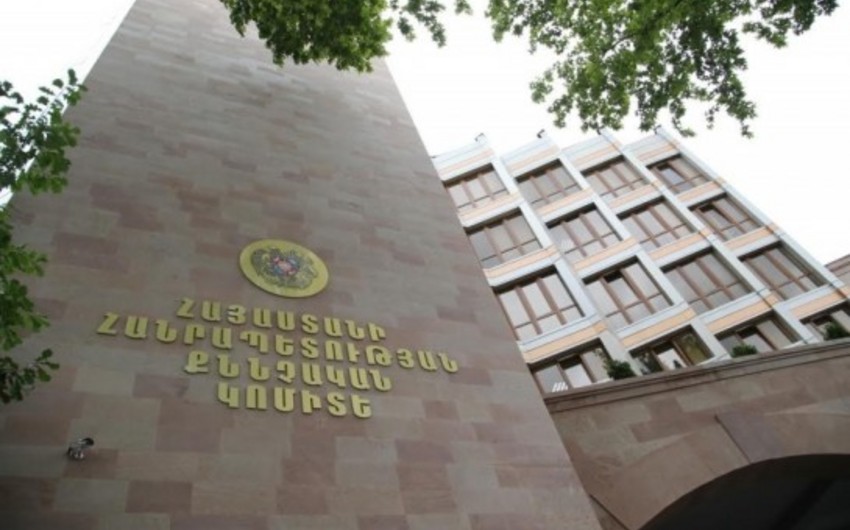“Move aside, animal!” the Iranian policewoman yells. The target of her rage: a young woman wearing her hijab, or headscarf, only loosely, thereby exposing her hair. For Iran’s Basij, or morality police, it’s a crime that warrants a violent response.
In a video that went viral in April, the policewoman, joined by two others, approaches the unidentified young woman. They seize her. Then, as the Associated Press put it, one “grabs her by the throat. She screams, they pick her up off her feet. She then ends up on the ground, weeping as another woman comforts her before the officers grab her again.” The victim shouts, “Why are you hitting me? You have been destroying us for 30 years.”
This episode reflects the longstanding role of the Basij as a chief enforcer of Tehran’s draconian religious code. The paramilitary organization systematically monitors women’s dress. It works to prevent male-female fraternization, alcohol consumption, the dissemination of Western media, and other conduct it regards as un-Islamic. It brutally suppresses demonstrations. It even provides military support to Syria’s bloody regime. To express solidarity with the Iranian people as it continues to protest such policies, the Trump administration should sanction Gholamhossein Gheibparvar, the Basij’s ruthless commander.
In November 2016, Iran’s supreme leader, Ayatollah Ali Khamenei, described the Basij as “the army” of the Islamic Revolution, which seeks to cultivate a “social life” rooted in Islamist values. In this sense, the Basij – a subsidiary of the Islamic Revolutionary Guard Corps, the regime’s praetorians – differs from other security agencies through its extensive reliance on volunteers, thereby legitimizing it as a grassroots movement. At the same time, the Basij routinely collaborates with the Intelligence Ministry, the regular police, and related government agencies in order to advance the Tehran’s ideological agenda.
Some 50,000 branches of the Basij operate in the country’s 31 provinces, with a presence in mosques, government offices, factories, hospitals, schools, and universities. Credible estimates of its membership range from three million to five million, though only about 100,000 to 200,000 serve as full-time, active duty, and paid personnel. The Basij’s omnipresence allows it to proliferate regime propaganda and conduct surveillance through the use of checkpoints and patrols, thereby embedding the organization into the very fabric of Iranian life.
In 2009, the Basij spearheaded Iran’s efforts to curb mass demonstrations triggered by the disputed presidential election. Perhaps most infamously, the Basij captured the world’s attention when its forces shot and killed 26-year-old philosophy student Neda Soltan, who became a symbol of the uprising after a video of her final moments, her blood gushing on a Tehran street, went viral. Nine years later, the Basij, along with other security forces, has once again worked to subdue nationwide protests through force.
On January 1, an IRGC spokesman confirmed that Gheibparvar coordinated a Basij initiative to help the regular police – formally known as the Law Enforcement Force (LEF) of the Islamic Republic of Iran – quash the unrest. In one of the many violent episodes that followed, the Basij and the LEF in February attacked a peaceful protest of the minority Dervish Muslim community, arresting more than 300 people and injuring dozens. One of them subsequently died in custody.
The Basij also targets Iranian women abroad who publicly oppose Tehran’s austere dress code. In March, Masih Alinejad, a prominent Iranian activist currently living in the United States, received a death threat from a top Basij official for her advocacy against the mandatory hijab. “In his message,” she wrote in the Washington Post, “he said I’d be butchered because I had been insulting the sanctity of Iran’s revolutionary and Islamic values. He warned that one of his agents in the United States would cut out my tongue and slash my breasts before killing me.”
Appointed by Khamenei in December 2016, Gheibparvar previously held multiple leadership roles in the IRGC that entailed the training of military forces and violent crackdowns on dissidents. In 2013, as the IRGC commander for Fars province, he presided over forces that used tanks to crush satellite dishes seized from people’s homes. In the year before his ascent to the Basij, Gheibparvar led the IRGC’s Imam Hossein Headquarters, which, among other duties, operates battalions charged with supporting Syria’s Assad regime, making him complicit in its atrocities.
This resume likely signals the future direction of the Basij. To date, Gheibparvar has shown every indication that the Basij’s domestic repression will continue. At the same time, his appointment suggests that Tehran envisions an increasingly greater Basij role in advancing the regime’s expansionary ambitions. In recent years, the Basij has aggressively recruited volunteers to fight in Syria, many of whom subsequently died on the front lines. In November 2016, Qassem Soleimani, commander of the Quds Force, the foreign operations arm of the IRGC, described the Basij as “crucial” to the export of the Islamic Revolution. Under Gheibparvar’s leadership, the organization will likely become even more crucial in the years to come.
Between 2010 and 2012, the Obama administration sanctioned the Basij itself, two of Gheibparvar’s predecessors, and a previous deputy commander for engaging in human rights abuses against the Iranian people. Gheibparvar himself, however, has escaped Washington’s attention. He shouldn’t.

